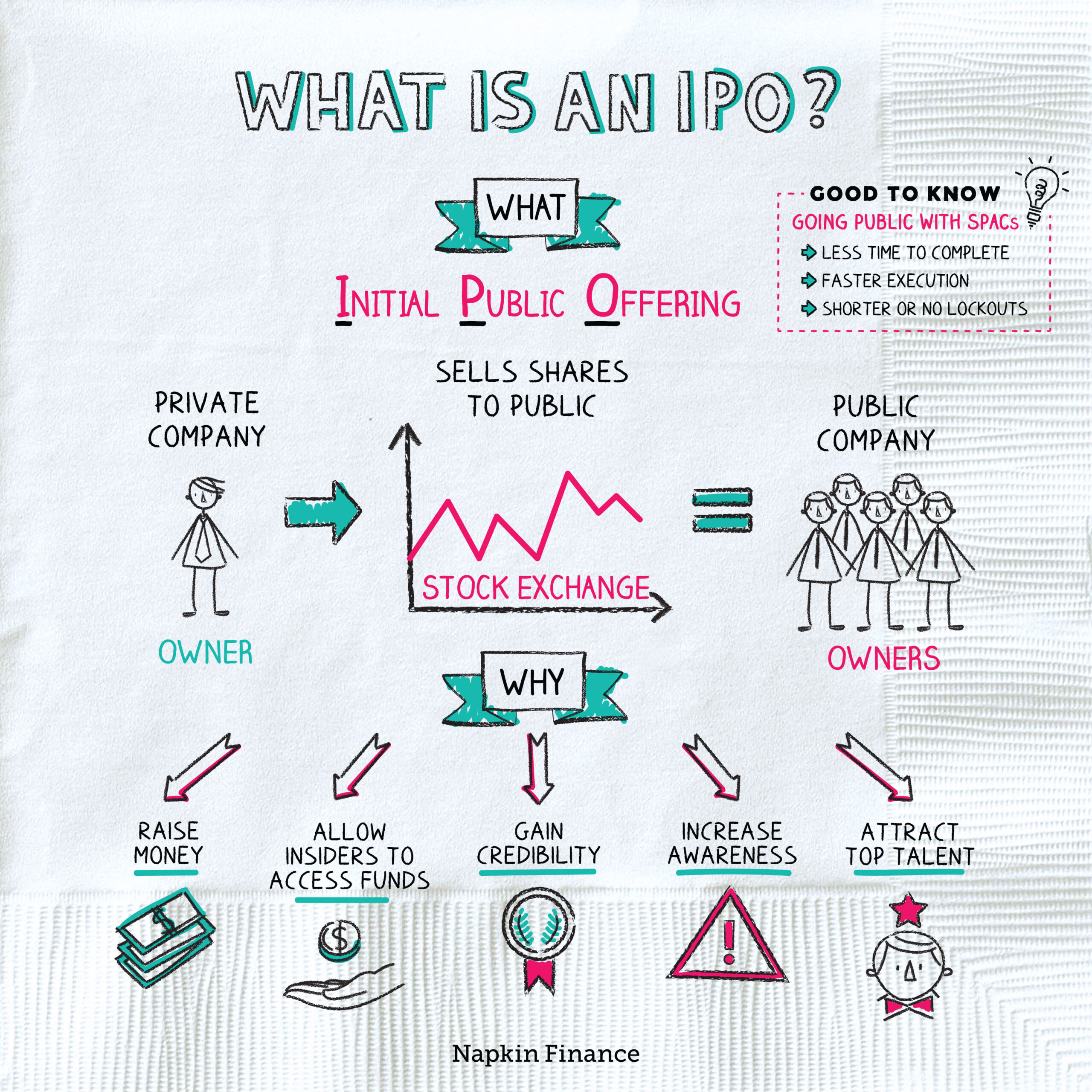
The IPO is expected to take place in early November, with the company announcing a price range of 124 to 138 Saudi riyals (approximately $33 to $37) per share. eXtra aims to sell around 30% of its share capital, which translates to approximately 12 million shares. This move is part of a broader strategy to expand its market presence, enhance digital transformation, and invest in infrastructure.
The Saudi market has been particularly vibrant in recent years, driven by government initiatives promoting privatization and the diversification of the economy away from oil dependency. As a result, eXtra's decision to go public aligns with this trend and reflects investor confidence in the retail sector's growth prospects.
The timing of the IPO is particularly noteworthy, given the recent fluctuations in global financial markets and the increasing interest in technology-driven retail solutions. eXtra plans to utilize the proceeds from the IPO to accelerate its digital transformation initiatives, including the expansion of its e-commerce platform, which has become increasingly crucial for retail success in the post-pandemic landscape.
Key to eXtra's strategy is its commitment to enhancing the customer experience through technology. The company is focusing on integrating advanced analytics and artificial intelligence to streamline operations and improve inventory management. This approach aims to provide customers with more personalized shopping experiences, thereby boosting sales and customer loyalty.
The IPO process will be managed by several financial institutions, including HSBC Saudi Arabia, SNB Capital, and Alinma Investment, all of which are expected to play a critical role in facilitating the public offering. These institutions bring extensive experience in the regional capital markets, positioning eXtra for a successful launch.
Market analysts have pointed to eXtra's strong financial performance as a key factor that should attract investors. In its last fiscal year, the company reported a revenue increase of over 15%, driven by robust demand for consumer electronics and home appliances. This performance underscores the resilience of the retail sector in Saudi Arabia, even amid challenges posed by the global economy.
The IPO comes at a time when many retail companies in Saudi Arabia are gearing up for expansion, supported by the government's Vision 2030 initiative. This long-term strategy aims to enhance the Kingdom's economic resilience and position it as a competitive player in global markets. As part of this vision, eXtra is well-positioned to leverage opportunities arising from increased consumer spending and a growing middle class.
Investors are particularly keen on understanding how eXtra plans to differentiate itself in a competitive marketplace. With a broad product range that includes not only electronics but also furniture and appliances, eXtra has established a reputation for quality and affordability. This positioning could serve as a solid foundation for future growth, especially as consumer preferences shift toward online shopping.
Analysts have highlighted that eXtra's upcoming IPO could serve as a barometer for investor sentiment in the Saudi retail sector. Should the offering be successful, it may pave the way for other companies looking to go public, further contributing to the growth of the capital markets in the region.
In preparation for the IPO, eXtra has conducted extensive roadshows to attract potential investors, detailing its business model and future growth plans. These sessions have generated significant interest, with many institutional investors expressing enthusiasm about the company's growth trajectory and commitment to innovation.
The company’s leadership has emphasized its vision for sustainable growth. With a focus on expanding its geographic footprint beyond Saudi Arabia, eXtra aims to explore opportunities in neighboring markets, tapping into the regional demand for quality electronics and home appliances. This expansion could further diversify its revenue streams and mitigate risks associated with relying solely on the domestic market.
Topics
Gcc
